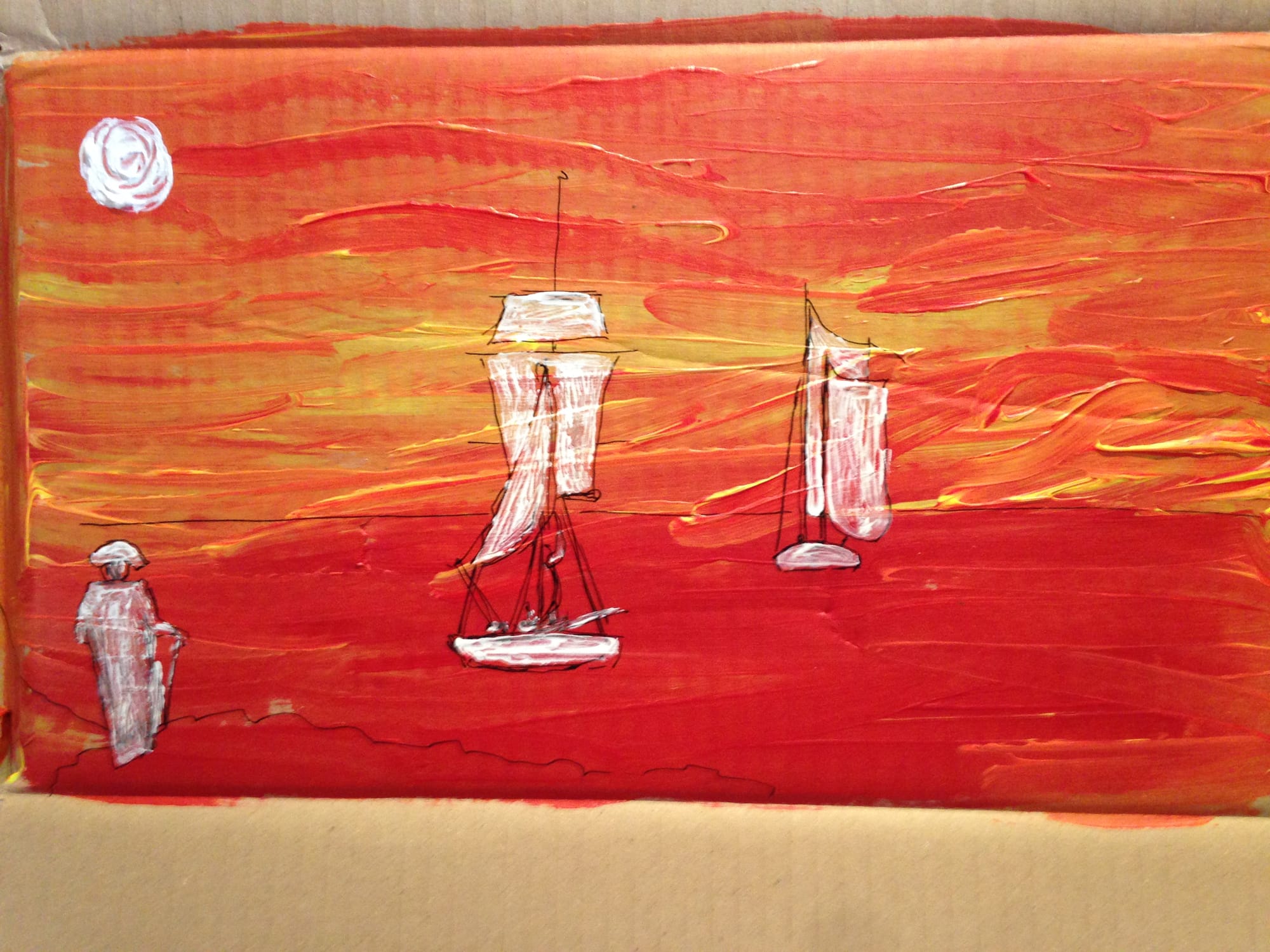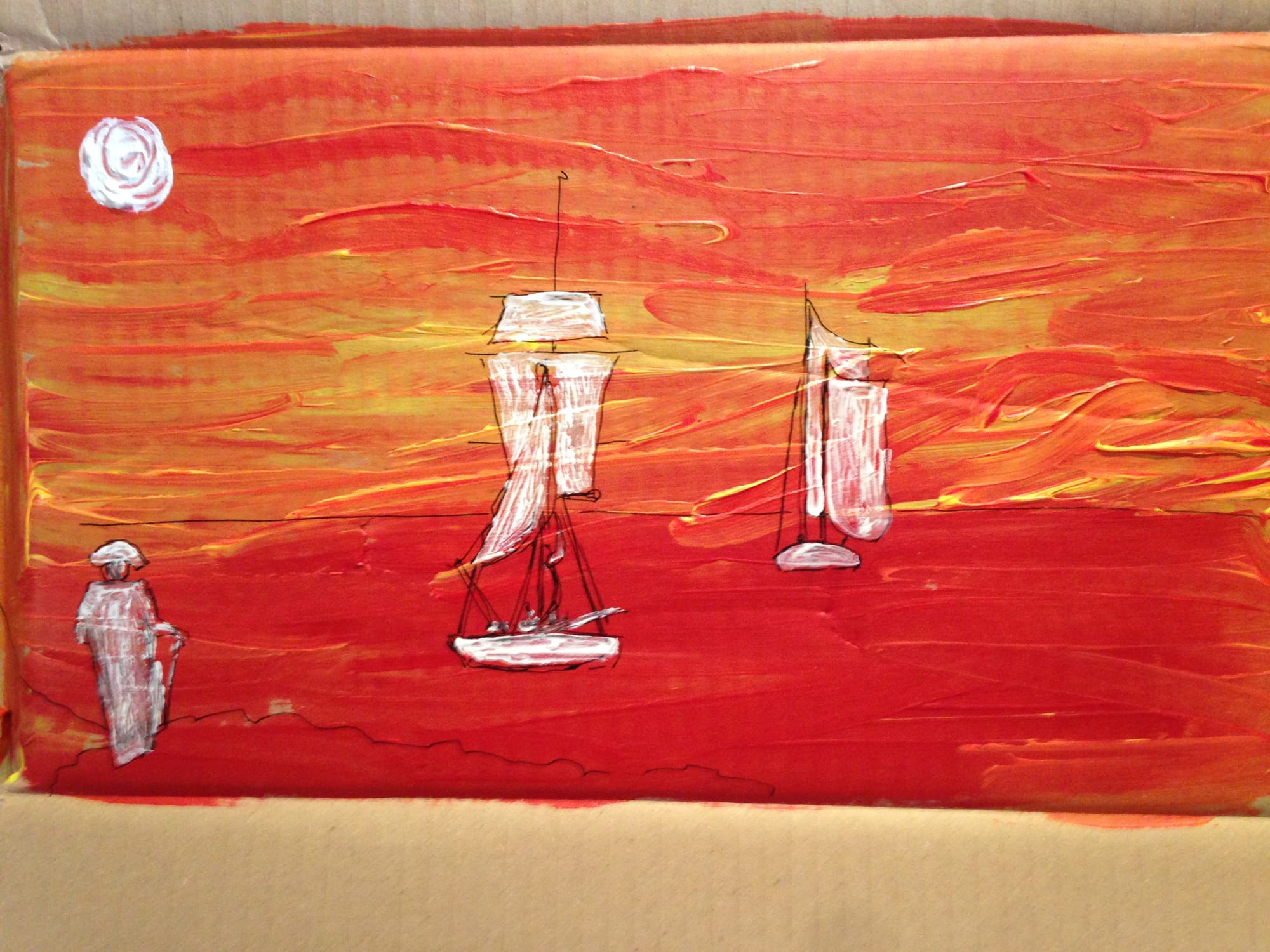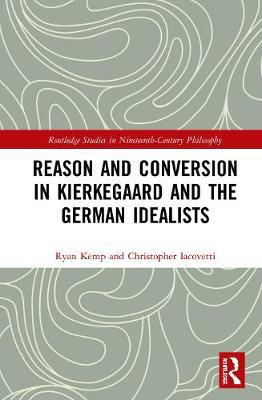Life After Death

By Ryan S. Kemp

Who’er yields properly to Fate is deemed
Wise among men, and knows the laws of Heaven.
-Epictetus, The Enchiridion 51
In November of last year my mother-in-law, Rachel, died of ALS. Death by amyotrophic lateral sclerosis is horrific. A person’s voluntary muscles waste away, leaving them mentally alert and painfully aware of their steady march towards respiratory failure. Of course, calling it a march is misleading. The ALS patient is, early on, reduced to a wheelchair and dependent on caretakers to perform a host of tasks that, for most of us, constitute the threshold of dignity.
In January, I began to experience betrayals in my own body that mirrored Rachel’s early symptoms. Numbness in my feet and hands; spasms in my calves and forearms; weakness in my lower back. I was consumed with anxiety and, on my worst days, became convinced that I too was dying. I came to think that one of the real tragedies of an end like Rachel’s, one drawn out slowly over years, is the way in which death’s expectation destroys your ability to be present in the few things left to you. Death seats itself at the dinner table long before it requires a nurse to hold your fork. As the real pain of ALS slowly dawned on me, so also did waves of regret; during those four years, Rachel may have been alone in a way none of us understood.
Of course, we all know ALS isn’t the only path to death. All paths lead there. Ought this, if we really focus our imagination, induce dread?
As an undergraduate, I chose to study philosophy because its practitioners seemed interested in questions of precisely this kind. My first exposure was to the ancients, to Plato and Aristotle and the Stoics. Even now, I can imagine no better account of philosophy than the one I found in those early texts, philosophy as preparation for death. Not only does this description make it clear that philosophy is about living well (surely the flipside of dying well), it gestures at one of its possible barriers. The dumb finality of death has struck many as a true obstacle to making meaningful sense of our lives. As Larkin’s chilling hymn intones, “The mind blanks at the glare...
The sure extinction that we travel to
And shall be lost in always. Not to be here,
Not to be anywhere,
And soon; nothing more terrible, nothing more true.
For some, religion seems to help with the darkness of the final hours. Stories of life after death; places where all wrongs are made right; final justice. The problem with deaths like Rachel’s is that they seem to draw into question the credibility of these consolations. As Dostoevsky’s great skeptic Ivan Karamazov reminds us, worldly wounds leave divine scars. And, for Ivan at least, the wounds run too deep; he chooses to “return his ticket.” As Rachel’s illness progressed, I kept waiting for her own rebellion. This was the reaction I supposed an honest person was obliged to experience. Incredibly, it never came. Instead of anger and bitterness, she expressed gratitude to God. She felt she had been blessed. She was promised nothing, and would leave life having tasted and seen much that was good—she would do it again.
Rachel’s posture toward God brought to mind my early struggles with faith. As a twenty-year-old, considering whether I would remain committed to the Christianity of my childhood, no philosopher raised more important questions than Nietzsche. His claim to see in Christianity an acute poverty was—for me—far more jarring than doubts about God’s existence. Can there be a faith that, while oriented toward transcendence, nourishes a beautiful relationship to this life? Can faith encourage a more meaningful relationship to the everyday?
Rachel’s example suggests yes. To see life as something to be grateful for is not just a matter of enjoying it. It’s to see it as a kind of gratuitous gift: full of wonder and worth. In the opening of Nietzsche’s Ecce Homo we hear him sound the same note. Overflowing with gratitude, he invokes the language of the transcendent: His creative output has been like a visitation of the divine. Nietzsche’s amor fati—the great invitation to say yes to life in all of its details—is just gratitude taken to its logical extreme. There is nothing, neither disease nor death, that ought to prevent a person from affirming the gift of existence.
But perhaps the religious person purchases the gift on the cheap. We might especially think this if the believer’s love of life is parasitic on her hope in an afterlife. This sort of person says, “Today is beautiful becauseit’s not the last.” It turns out that for this person there is at least one thing that would cause them to curse their fate. The absence of a final escape.
Not every person of faith need be an escapist though. Fyodor Dostoevsky and Simone Weil are, for me, important counterexamples. For both, faith has to begin with the dying Christ. For Weil, the moment on the cross when the son seems forsaken by all; for Dostoevsky, the sight of Jesus’s decaying body. The believer lingers here for at least two reasons. First, because it’s only here that the Christian takes seriously the real indictment of human suffering. Even if terrible disease is not sure evidence of God’s absence, it leaves things painfully ambiguous. Second, the Christian who continues to affirm God’s goodness must also continue to feel the weight of this ambiguity. In the absence of any ready and convincing refutation of Ivan’s accusations, the only honest response is solidarity, to suffer alongside the world and for its sake.
With this emphasis on suffering, we may seem miles away from the call to gratitude and affirmation that marked the beginning of our reflection. I don’t think this is right though. As I look back on Rachel’s last years it strikes me that it was precisely her clear-eyed confrontation with suffering that enlarged her sense of gratitude. Her pain taught her, in a way that prosperity never could, that the world was not hers to own. Once the smudge of miserly ownership is washed clean from the world, gratitude can finally shine forth. This is remarkable because it suggests that an honest confrontation with the source of our greatest anxiety may mark the beginning of one of our most important philosophical insights:
“Under no circumstances ever say ‘I have lost something,’ only ‘I returned it.’” (Epictetus, The Enchiridion 11)

About the Author
Ryan teaches philosophy at Wheaton College, though often in local parks.

His first book was published this year, Reason and Conversion in Kierkegaard and the German Idealists. He is currently working on two other book-length projects: a monograph about religious life-affirmation in the novels of Marilynne Robinson and an edited volume of essays on Kierkegaard’s Either/Or.